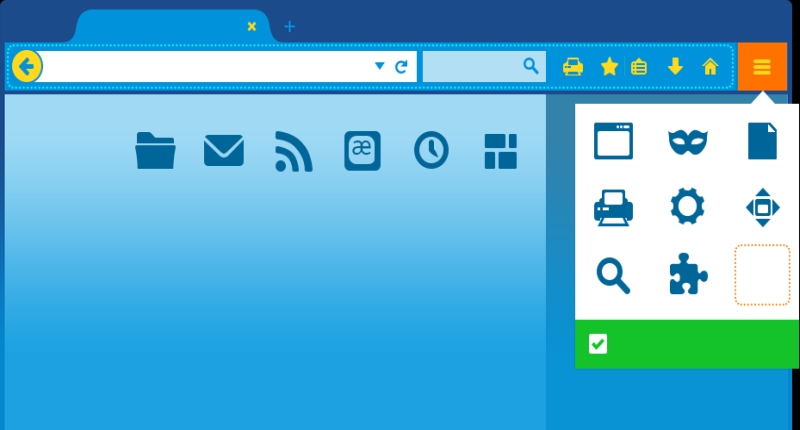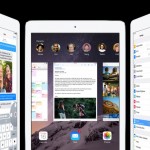With powerful hardware working together with an industry-leading camera system and intuitive AI experiences, everyday tasks have never been easier and faster
Firefox Hello brings accountless video chat to browsers, future smartphones


Firefox doesn’t get too much love here at Gearburn, even though it’s my favourite piece of software by a country mile. It’s especially sad considering that the Mozilla-built browser flaunts many bleeding-edge technologies, sometimes weeks before any other browser. Take it’s latest innovation, Firefox Hello, for example.
It is essentially, a cross-platform HTML5-based WebRTC (an existing web video technology) calling feature, available in Firefox Beta builds from today. But how and why is this relevant?
Unlike Skype, FaceTime or Hangouts, users needn’t sign up for an account to use the feature. Although Mozilla notes that to improve its ease of use users should sign up with a Firefox Account, it’s not intrinsically necessary. Nor are any plugins or addons. Instead of connecting to a handle (a Skype name, for example) Hello allows two users of the browser to share a “callback link”, allowing open and (possibly) anonymous video calling.
Chad Weiner, contributor to the Firefox Blog, explains Hello more intricately:
It’s free to make voice and video calls and there’s no need to download software, plugins or even create an account. It’s ready to go as soon as you open Firefox Beta by clicking on the ‘chat bubble’ icon under the customize menu. Hello allows you to connect with anyone who has a WebRTC-enabled browser, such as Firefox, Chrome or Opera.
The fact that most modern browsers support WebRTC as well as mobile apps, could suggest that Firefox Hello is wholly expandable across multiple platforms. WebRTC also allows for file transfers, which makes Hello an incredibly interesting mobile prospect. We may indeed see future Firefox apps on Android and iOS flaunting the feature, or indeed, baked into Firefox OS itself.
Currently, the feature is limited to users running Firefox Beta (version 34 or later) and the feature is powered by TokBox — a startup recently purchased by Spanish telecoms giant Telefonica.


